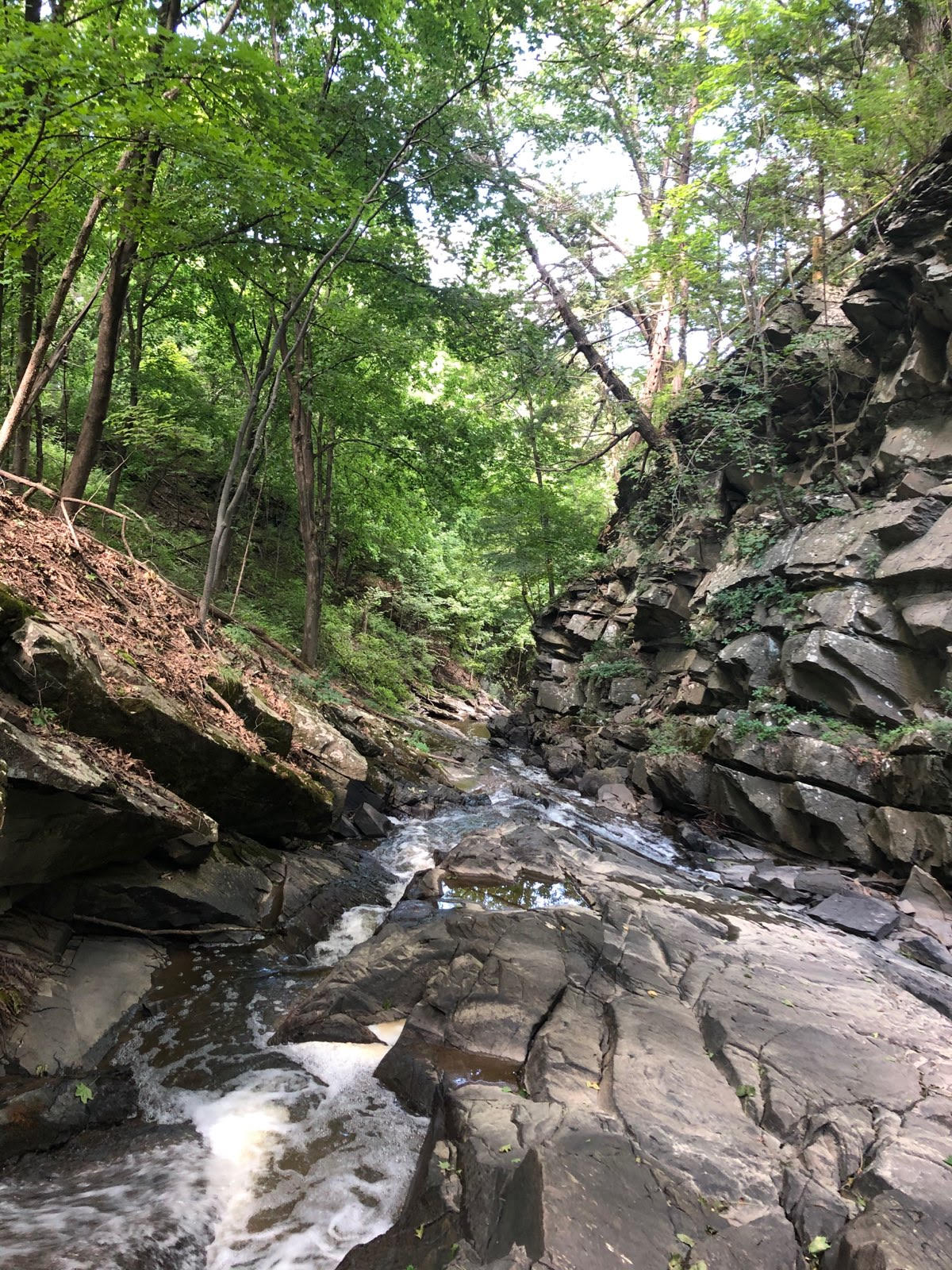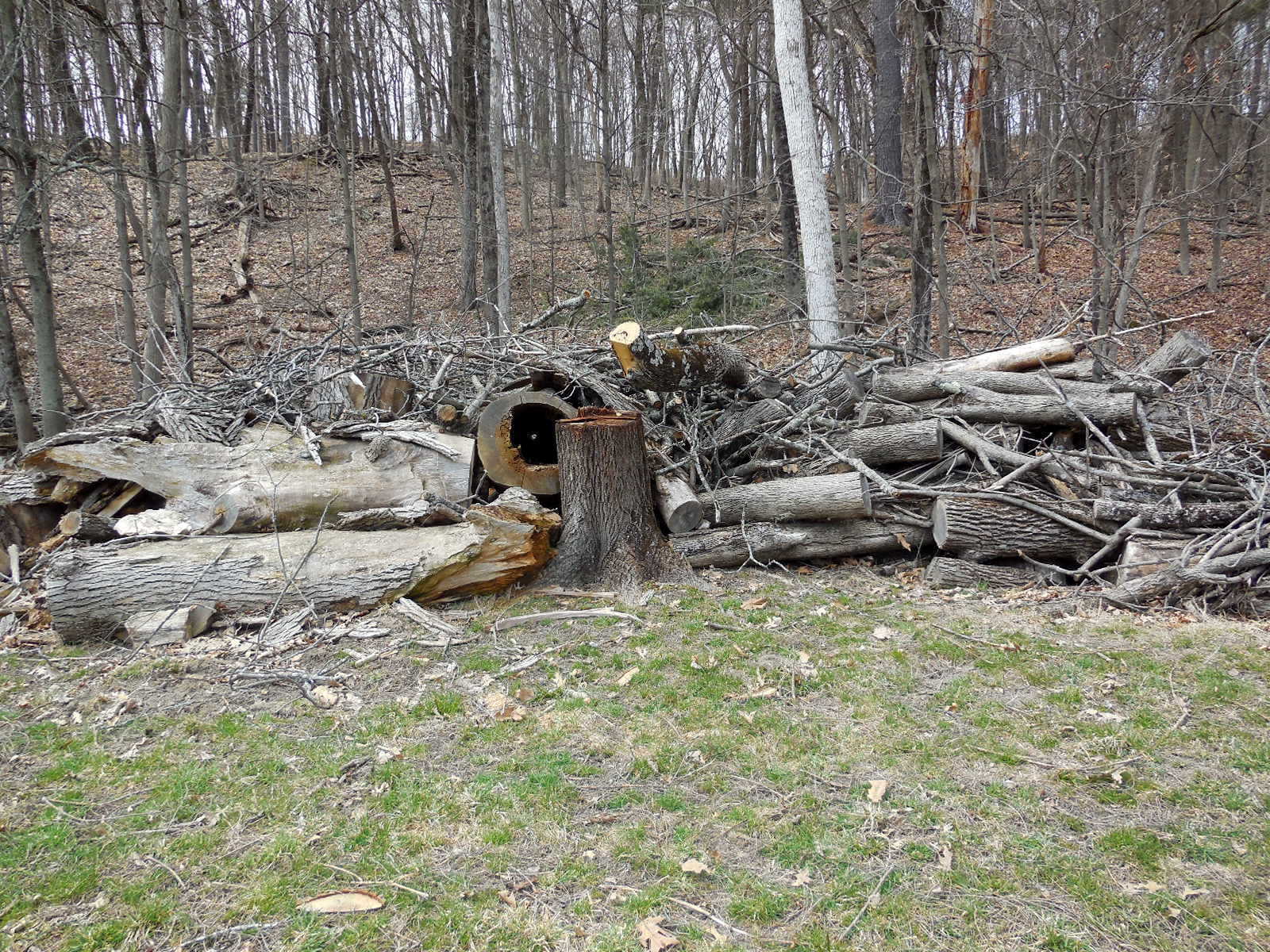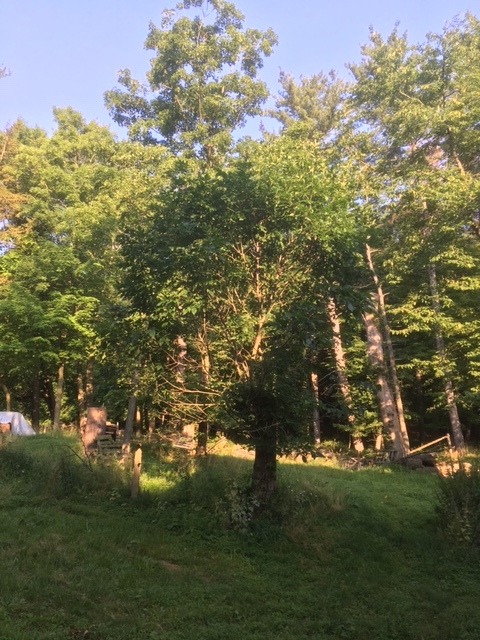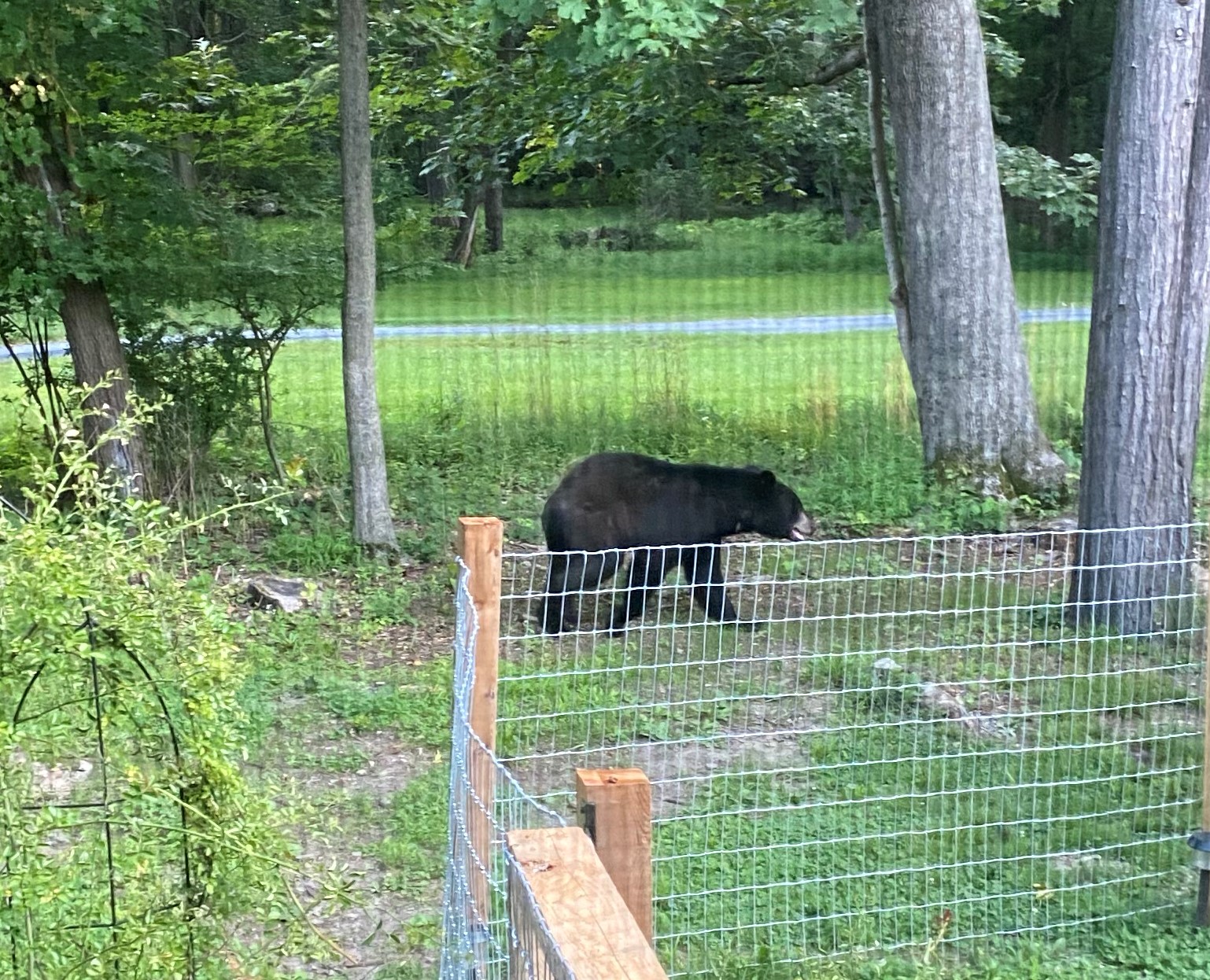Michael Shellenberger can’t be dismissed as a standard-issue climate change denier. He acknowledges scientific evidence that average global surface air temperature is going up. He recognizes that fossil fuels under human control have had, and still have, a big role in that rise. He does deny, however, that efforts to radically lower CO2 emissions in the next few years are justified. He argues that the rate of change in air and sea surface temperature and the effects of that change are greatly exaggerated by “apocalyptic environmentalists.” The exaggerations, in his opinion, are fomented by persons phobic and confused about nuclear fission; indifferent to poverty in the developing world; and, he speculates, using maladaptive defense mechanisms against an unconscious death wish for humanity.
Shellenberger’s be-all and end-all is continued economic development for the whole world, with the lion’s share to lower-income countries. This is constrained of course by resources and sinks. A good ideal fifty years ago, it is incompatible now with what most climate scientists say must be done to arrest global warming unless methods of energy conversion can be deployed that don’t release greenhouse gases (GHGs). The author allows that renewables (principally wind and solar with some hydro) are good on GHGs but argues they can’t power the scope of development he calls for. Consequently, he stakes everything instead on the “peaceful atom” or in some situations, natural gas. Anyone who says “No Nukes” or “Leave it in the Ground” or “Circular Economy” or (worse yet) cites Garrett Hardin’s lifeboat analogy must in Shellenberger’s view be irrational about nuclear power or care nothing for people in low-income regions or both. The introduction (p. xiii) sets out the dialectic thus: “[The book] makes the moral case for humanism, of both secular and religious variant, against the anti-humanism of apocalyptic environmentalism.”
Near the book’s ending (p. 270) the author uses “if” and “might” to make his polarities look subtle. The implication is not lost. He writes
If the climate apocalypse is a kind of subconscious fantasy for people who dislike civilization, it might help explain why the people who are the most alarmist about environmental problems are also the most opposed to the technologies capable of addressing them, from fertilizer and flood control to natural gas and nuclear power.
The “environmental problems” Shellenberger refers to are not limited to rising global surface temperature and its sequelae, To him, a worse environmental problem is low potential for rapid economic development in much of the world. For that problem his practicable solution is processes extant now that can convert one form of energy to another very rapidly in a small space. Prime among these is “atoms for peace.” (p. 280) A distant second is natural gas.
The author can’t see a rational basis for anyone’s opposing nuclear fuels as a solution to both widespread poverty and long-lived atmospheric pollutants like CO2 and N2O; so, he psychoanalyzes the opposition. He presents his finding not as a declarative nor (as in the excerpt above) in hypothetical “if … might” terms, but as a rhetorical question ripe for a “yes” answer. “Could a similar hatred of human civilization, and perhaps of humanity itself, be behind claims of environmental apocalypse?” (p. 270) Shellenberger conjures up from Ernest Becker’s “denial of death” his personal insight that “apocalyptic environmentalists,” especially those who act out die-ins and carry pretend coffins, have an exaggerated fear of death, stoked because the prognosis for life on earth as we know it looks worse to them than to the him. Indeed, he regards “apocalyptic environmentalists” as “lost souls” who believe the false doctrine that emissions of GHGs are now a net detriment to the living earth and who “derive psychological benefits from climate alarmism.” (272) . The authors writes
Young people learning about climate change for the first time might understandably believe, upon listening to [Sarah] Lunnon {of Extinction Rebellion] and [Greta] Thunberg, that climate change is the result of deliberate, malevolent actions. In reality, it is the opposite. Emissions are a by-product of energy consumption, which has been necessary to people to lift themselves, their families and their societies out of poverty, and achieve human dignity. Given that’s what climate activists have been taught to believe, it’s understandable that so many of them would be so angry. (272)
Whose reality, please? Most people would agree that the industrial revolution did not begin with a plan to heat up the planet. Most “apocalyptic environmentalists” will concede that we would not live as we do now without a lot of fossil fuel burnt or processed in the past. That said, nearly all climate activists, even those not engaged with Extinction Rebellion, do believe that energy buyers and sellers in the last fifty years have knowingly encouraged the release of now intolerable quantities of GHGs to the atmosphere in pursuit of corporate profits. This has been deliberate. vide Supran and Oreskes, 2017 Whether it’s malevolent or just reckless endangerment is a matter of opinion.
Three pages later, Shellenberger reprises the defense of economic development as practiced around the world.
The picture promoted by apocalyptic environmentalists is inaccurate and dehumanizing. Humans are not unthinkingly destroying nature. Climate change, deforestation, plastic waste and species extinction are not, fundamentally, consequences of greed and hubris but rather side effects of economic development motivated by a humanistic desire to improve peoples’ lives. (275)
This is humanistwashing, Shellenberger’s own variant of greenwashing. Oil companies like Shell, Exxon, Texaco and Chevron were not motivated by humanistic desire when they plundered Nigeria and Equatorial Guinea and Ecuador. See Crude World by Peter Maas
The author contrasts activists people motivated by anger in what’s to him a fallacious cause with those called to what he sees as the authentic cause of civil rights. (273)
As such, when we hear activists, journalists, IPCC scientists and others claim climate change will be apocalyptic unless we make immediate, radical changes including massive reductions in energy consumption, we might consider whether they are motivated by love for humanity of something closer to its opposite (275)
In summary, Shellenberger believe that activists who say that to be recognizable and stable thirty years hence the world must reduce CO2 emissions radically without relying more on nuclear fuels are lost souls following false gods. For a rebuttal much better than I can do, let’s turn to the words of someone who may be thought by atheists or adherents of non-Abrahamic religions to serve a false god, but by few humans a lost soul: His Holiness, Pope Francis in the 2015 encyclical Laudato Si . I call your attention especially to paragraphs 59, 104 and 161 among those reprinted here (italics added).
59. At the same time we can note the rise of a false or superficial ecology which bolsters complacency and a cheerful recklessness. As often occurs in periods of deep crisis which require bold decisions, we are tempted to think that what is happening is not entirely clear. Superficially, apart from a few obvious signs of pollution and deterioration, things do not look that serious, and the planet could continue as it is for some time. Such evasiveness serves as a licence to carrying on with our present lifestyles and models of production and consumption. This is the way human beings contrive to feed their self-destructive vices: trying not to see them, trying not to acknowledge them, delaying the important decisions and pretending that nothing will happen.
66. The creation accounts in the book of Genesis contain, in their own symbolic and narrative language, profound teachings about human existence and its historical reality. They suggest that human life is grounded in three fundamental and closely intertwined relationships: with God, with our neighbour and with the earth itself. According to the Bible, these three vital relationships have been broken, both outwardly and within us. This rupture is sin. The harmony between the Creator, humanity and creation as a whole was disrupted by our presuming to take the place of God and refusing to acknowledge our creaturely limitations. This in turn distorted our mandate to “have dominion” over the earth (cf. Gen 1:28), to “till it and keep it” (Gen 2:15). As a result, the originally harmonious relationship between human beings and nature became conflictual (cf. Gen 3:17-19). It is significant that the harmony which Saint Francis of Assisi experienced with all creatures was seen as a healing of that rupture. Saint Bonaventure held that, through universal reconciliation with every creature, Saint Francis in some way returned to the state of original innocence.[40] This is a far cry from our situation today, where sin is manifest in all its destructive power in wars, the various forms of violence and abuse, the abandonment of the most vulnerable, and attacks on nature.
67. We are not God. The earth was here before us and it has been given to us. This allows us to respond to the charge that Judaeo-Christian thinking, on the basis of the Genesis account which grants man “dominion” over the earth (cf. Gen 1:28), has encouraged the unbridled exploitation of nature by painting him as domineering and destructive by nature. This is not a correct interpretation of the Bible as understood by the Church. Although it is true that we Christians have at times incorrectly interpreted the Scriptures, nowadays we must forcefully reject the notion that our being created in God’s image and given dominion over the earth justifies absolute domination over other creatures. The biblical texts are to be read in their context, with an appropriate hermeneutic, recognizing that they tell us to “till and keep” the garden of the world (cf. Gen 2:15). “Tilling” refers to cultivating, ploughing or working, while “keeping” means caring, protecting, overseeing and preserving. This implies a relationship of mutual responsibility between human beings and nature. Each community can take from the bounty of the earth whatever it needs for subsistence, but it also has the duty to protect the earth and to ensure its fruitfulness for coming generations. “The earth is the Lord’s” (Ps 24:1); to him belongs “the earth with all that is within it” (Dt 10:14). Thus God rejects every claim to absolute ownership: “The land shall not be sold in perpetuity, for the land is mine; for you are strangers and sojourners with me” (Lev 25:23).
104. Yet it must also be recognized that nuclear energy, biotechnology, information technology, knowledge of our DNA, and many other abilities which we have acquired, have given us tremendous power. More precisely, they have given those with the knowledge, and especially the economic resources to use them, an impressive dominance over the whole of humanity and the entire world. Never has humanity had such power over itself, yet nothing ensures that it will be used wisely, particularly when we consider how it is currently being used. We need but think of the nuclear bombs dropped in the middle of the twentieth century, or the array of technology which Nazism, Communism and other totalitarian regimes have employed to kill millions of people, to say nothing of the increasingly deadly arsenal of weapons available for modern warfare. In whose hands does all this power lie, or will it eventually end up? It is extremely risky for a small part of humanity to have it
106. The basic problem goes even deeper: it is the way that humanity has taken up technology and its development according to an undifferentiated and one-dimensional paradigm. This paradigm exalts the concept of a subject who, using logical and rational procedures, progressively approaches and gains control over an external object. This subject makes every effort to establish the scientific and experimental method, which in itself is already a technique of possession, mastery and transformation. It is as if the subject were to find itself in the presence of something formless, completely open to manipulation. Men and women have constantly intervened in nature, but for a long time this meant being in tune with and respecting the possibilities offered by the things themselves. It was a matter of receiving what nature itself allowed, as if from its own hand. Now, by contrast, we are the ones to lay our hands on things, attempting to extract everything possible from them while frequently ignoring or forgetting the reality in front of us. Human beings and material objects no longer extend a friendly hand to one another; the relationship has become confrontational. This has made it easy to accept the idea of infinite or unlimited growth, which proves so attractive to economists, financiers and experts in technology. It is based on the lie that there is an infinite supply of the earth’s goods, and this leads to the planet being squeezed dry beyond every limit. It is the false notion that “an infinite quantity of energy and resources are available, that it is possible to renew them quickly, and that the negative effects of the exploitation of the natural order can be easily absorbed”.[86]
113. There is also the fact that people no longer seem to believe in a happy future; they no longer have blind trust in a better tomorrow based on the present state of the world and our technical abilities. There is a growing awareness that scientific and technological progress cannot be equated with the progress of humanity and history, a growing sense that the way to a better future lies elsewhere. This is not to reject the possibilities which technology continues to offer us. But humanity has changed profoundly, and the accumulation of constant novelties exalts a superficiality which pulls us in one direction. It becomes difficult to pause and recover depth in life. If architecture reflects the spirit of an age, our megastructures and drab apartment blocks express the spirit of globalized technology, where a constant flood of new products coexists with a tedious monotony. Let us refuse to resign ourselves to this, and continue to wonder about the purpose and meaning of everything. Otherwise we would simply legitimate the present situation and need new forms of escapism to help us endure the emptiness.
161. Doomsday predictions can no longer be met with irony or disdain. We may well be leaving to coming generations debris, desolation and filth. The pace of consumption, waste and environmental change has so stretched the planet’s capacity that our contemporary lifestyle, unsustainable as it is, can only precipitate catastrophes, such as those which even now periodically occur in different areas of the world. The effects of the present imbalance can only be reduced by our decisive action, here and now. We need to reflect on our accountability before those who will have to endure the dire consequences.
171. The strategy of buying and selling “carbon credits” can lead to a new form of speculation which would not help reduce the emission of polluting gases worldwide. This system seems to provide a quick and easy solution under the guise of a certain commitment to the environment, but in no way does it allow for the radical change which present circumstances require. Rather, it may simply become a ploy which permits maintaining the excessive consumption of some countries and sectors.
225. On the other hand, no one can cultivate a sober and satisfying life without being at peace with him or herself. An adequate understanding of spirituality consists in filling out what we mean by peace, which is much more than the absence of war. Inner peace is closely related to care for ecology and for the common good because, lived out authentically, it is reflected in a balanced lifestyle together with a capacity for wonder which takes us to a deeper understanding of life. Nature is filled with words of love, but how can we listen to them amid constant noise, interminable and nerve-wracking distractions, or the cult of appearances? Many people today sense a profound imbalance which drives them to frenetic activity and makes them feel busy, in a constant hurry which in turn leads them to ride rough-shod over everything around them. This too affects how they treat the environment. An integral ecology includes taking time to recover a serene harmony with creation, reflecting on our lifestyle and our ideals, and contemplating the Creator who lives among us and surrounds us, whose presence “must not be contrived but found, uncovered”.































































